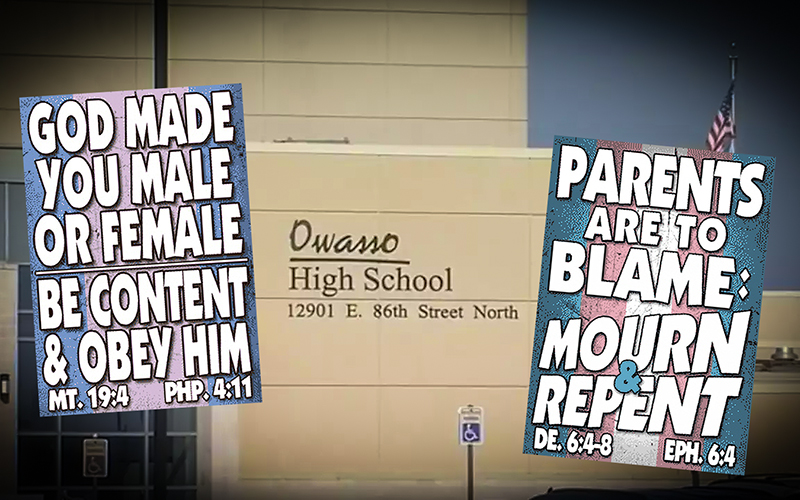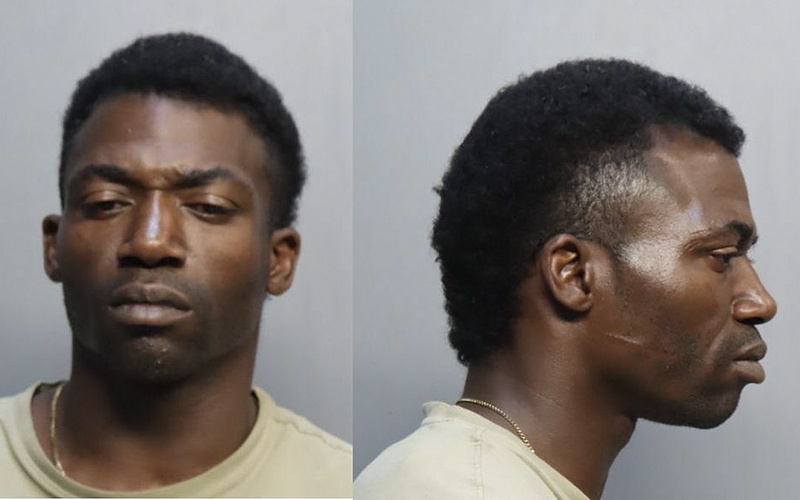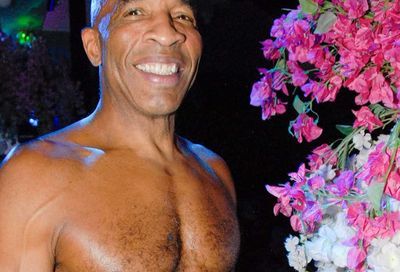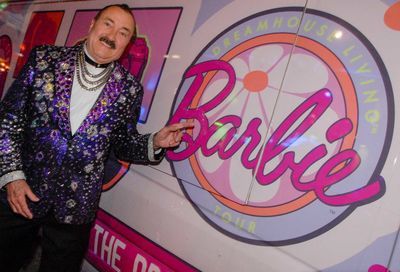Stand Against Criminalization
D.C. must rethink impact of policing sex work on marginalized communities
On the weekend of Sept. 25, the Metropolitan Police Department (MPD) raided a hotel in Northwest in a prostitution-related sting. MPD has confirmed that six arrests were made on charges of soliciting prostitution.
Every week, the D.C. Trans Coalition (DCTC) receives complaints involving police harassment. Many of these reports come from transgender, transsexual or gender-non-conforming (hereafter trans) individuals, especially trans women of color, who are involved in, or believed to be involved in, sex work. Due to transphobic and racist police bias, many trans women are harassed and falsely arrested for sex work (the crime of ”walking while trans”).
Whether they are sex workers or not, however, is besides the point. No one deserves this degree of persecution and violence. While most survivors of policing abuses are unwilling or unable to file formal complaints, we continue to receive a consistently high volume of contacts from individuals who have been assaulted and/or verbally ridiculed by police. Many are treated inhumanely while in custody, despite MPD’s own General Order prohibiting such abuse.
A soon-to-be-released study by the National Center for Transgender Equality notes that 71 percent of trans respondents had experienced harassment and disrespectful treatment by police officers, and 45 percent were uncomfortable reporting crimes to police. After the most recent raid, DCTC was approached for advice from trans community members who are fearing for their own safety in the face of similar sweeping police actions. No one should have to live with this fear.
Due to discrimination, trans people are more likely to experience poverty, housing instability, unemployment and underemployment than cisgender (non-trans) people. Many engage in criminalized activities, including sex work, in order to survive. We are disturbed and frustrated that the solution most often employed by the D.C. government is to over-police and to arrest our community members rather than connecting these individuals to jobs, services and public assistance.
Since sex work is illegal, sex workers are denied protection with basic labor practices and human rights standards. If attacked or assaulted by a client, there is often no legal recourse. Marginalized groups such as trans women are among the most vulnerable. This becomes terrifyingly clear when we gather annually for the Trans Day of Remembrance. The list of murder victims heavily features sex workers, most of whom are trans women of color.
Rather than protecting these individuals from violence, many police actions only perpetuate violence. After incarceration, and the establishment of a criminal record, these individuals face the nearly impossible challenge of finding a ”legal” job. Instead, they are likely to find themselves back in the sex work industry. At the bottom of the social ladder, marginalized communities such as trans women of color are the worst hit by this cycle of jail and poverty. A preliminary glance at MPD’s arrest records, which we recently obtained from MPD via a Freedom of Information Act request, suggests that a trans woman is far more likely to be arrested for indecent sexual proposal than a cisgender person.
All LGBTQ people should be concerned when the state attempts to enforce morality. Instead of allowing the government to target sex workers as criminals, we must solve the underlying issues of racism, transphobia and poverty. Raids like the one conducted by MPD last month only perpetuate unsafe working conditions and further demonize sex workers, forcing sex workers out of the safety of the private room and into the dimly lit and significantly more dangerous public streets.
It is our hope that the incoming administration of the presumptive mayor, Vince Gray, will rethink these failed policing strategies. We look forward to meeting with him to discuss possible alternatives. We need jobs not raids; we need fair wages and labor standards, not ”Prostitution Free Zones.” Whether individuals chose it freely or not, sex work is real work and will continue to be an industry for those with limited employment options.
Sadie-Ryanne Baker’ is an organizer with the D.C. Trans Coalition, a grassroots, volunteer organization dedicated to fighting for human rights, dignity and liberation for trans people in the District. Visit dctranscoalition.org.
Support Metro Weekly’s Journalism
These are challenging times for news organizations. And yet it’s crucial we stay active and provide vital resources and information to both our local readers and the world. So won’t you please take a moment and consider supporting Metro Weekly with a membership? For as little as $5 a month, you can help ensure Metro Weekly magazine and MetroWeekly.com remain free, viable resources as we provide the best, most diverse, culturally-resonant LGBTQ coverage in both the D.C. region and around the world. Memberships come with exclusive perks and discounts, your own personal digital delivery of each week’s magazine (and an archive), access to our Member's Lounge when it launches this fall, and exclusive members-only items like Metro Weekly Membership Mugs and Tote Bags! Check out all our membership levels here and please join us today!























